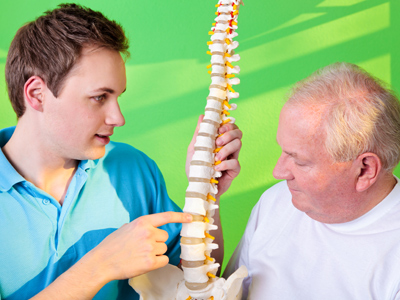
Skeletons
Let's explore the amazing world of skeletons in this KS2 Science quiz! It's all about the bone frameworks in humans and other creatures that support us, protect our bodies, and help us move.
Guess what? When you were born, you had more than 300 bones! As you grow, they fuse together. Adults have around 206 bones. Our skeleton is like a super support system, keeping us from being like water bags. Bones let us move (think arms and legs) and protect our organs - the skull guards our brain, and ribs shield our heart and lungs.
Test your skeleton smarts with this fun KS2 Science quiz on our amazing internal support framework!
Join the Quiz Adventure! Read More About The BenefitsReady for more?
not all...
quizzers. Try to win a coveted spot on our Hall of Fame Page.







